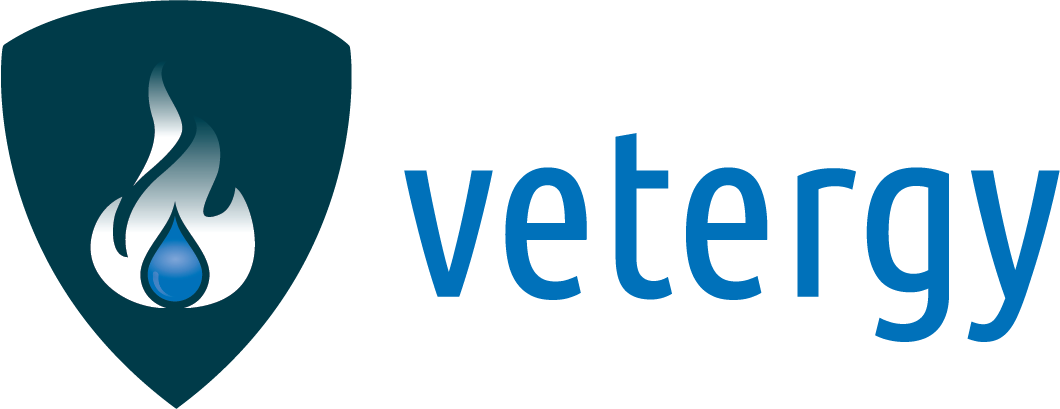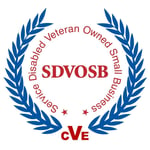People gathered in Baton Rouge, Louisiana on April 6-7, 2022, for the American Society of Safety Professionals Region IV Professional Development Conference.
The day one schedule featured a leadership track on human factors, human error and human, and organizational performance. On the second day of the conference, Vetergy CEO David Wilbur delivered keynote remarks titled, ‘Luck or Resilience? How 1% Will Occur 100% Of the Time’.
Human Factors play a critical role in operations, safety, quality, reliability, production, profitability and more. For example, in chemical manufacturing, oil and gas refining, health care, rail transportation, even pet food making, near misses, close calls, errors in judgment and other events that may have little if any immediate impact on individuals, processes or the environment are valuable precursors capable of providing important insights to an organization and its leaders about accidents that could happen.
Take for example, a fall on a site. An array of technical, management, psycho-social or physical factors could all be precursors of the incident:
- not wearing safety gear
- employee overconfidence (or complacency)
- inadequate training or improper PPE
- rushing to get a job done
- worker distraction/fatigue/stress
- implied priorities (such as maintaining a production schedule even if it means ignoring a specific procedure)
These all should register as harbingers of a potentially much more serious event (injury, fatality).
When something goes wrong, it’s natural to look for a person to blame, a “bad apple” who can be punished so that everything will feel safe again. It is far easier and more palatable to tell a story about a “flawed” person rather than a flawed workplace climate or culture. Mistakes happen, even when an employee thinks they’re doing the right thing or especially when juggling multiple high-stress tasks.
Sidney Dekker, Todd Conklin, and other enlightened leaders and safety practitioners understand that human behavior is variable and that:
- context drives behavior
- human error is normal
- blame (typically) fixes nothing
- systems – more so than people – need to be fixed
- people are the key to a “winning” culture
Vetergy Group’s team of U.S. Marine Corps, Air Force and Naval aviators, accident investigators, and data experts have spent years managing human factors and leading individual and organization performance in real, day-to-day applications. No matter the industry, every operation is a system, with people part of that system; all systems should accommodate human error with resilient systems being most capable of doing so. Vetergy instructors help clients develop robust systems to maximize the likelihood that those inevitable human errors and missteps are caught before they result in harm.
Vetergy also helps build what’s needed alongside these systems - that is, a process by which often overlooked, underlying, hidden cultural, organizational, structural forces or leadership styles that influence employee behavior(s) are “brought to the surface” so that mistakes and safety concerns can be openly discussed without shifting to individual blame.
When workers are encouraged to report close calls, empowered to speak up, ask questions if they’re unsure about a task or if they suspect a mistake is being made, they create a healthy workplace environment. Vetergy aids clients by helping organizations set their people up for success and shift away from who failed to what failed and why. When “traditional” tactics stop delivering desired results (for ex., steady declines in rates of both non-fatal and fatal worker [or patient] injuries), Vetergy helps solve serious risk issues by addressing your organization’s challenges, moving from SYMPTONS thinking to SYSTEMS thinking.
For more information on how to incorporate human factors analysis into your investigation program or any other Vetergy services, click here or email us at info@vetergy.com.



 1200 Corporate Drive, Ste 170
1200 Corporate Drive, Ste 170




